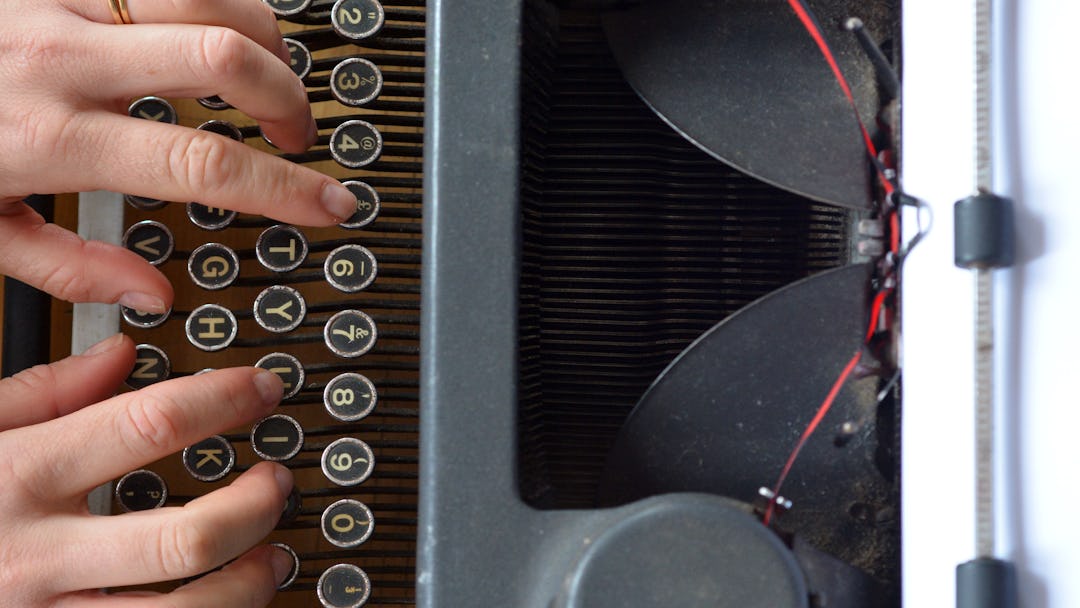Olivia Laing’s The Trip to Echo Spring made the cover of the New York Times Book Review last week. It was a well-deserved honor for a fascinating exploration of the way drink inflects the work of a number of male writers. But it is difficult to classify, generically. It’s not quite a biography, and not quite literary criticism, and not quite memoir either. This is one of my favorite kinds of books, I should say, the kind that give you the lives of other writers embedded in a strong point of view from the writer herself, and do something more than your garden-variety kitchen-sink biography manages to achieve. Here are some books you could buy, along with Laing’s, if that formula sounds up your alley.
Zelda: A Biography, by Nancy Milford
When Milford published Zelda, in 1970, F. Scott Fitzgerald’s wife was still largely known as a crazy woman who dragged a great man down. Her book, though it may look like every plodding, slow biography you once paged through in college to find a letter quote for the paper, changed the view of Zelda entirely. Even Elizabeth Hardwick had to remark that the book, “by concentration upon her subject, and even perhaps by inadvertence, brought troubling thoughts to our minds, shifted the balance of things, and made it possible for the reader to see in this unhappy woman—a fleeting paragon of the 1920s—an instance of unexpected moral complexity, an example of peculiar failure and the object of a kind of unnamable injustice—domestic, social, cultural?—and the victim of many miseries that were not always unavoidable.” It’s the nature of Milford’s own obsession with her subject that makes this a page turner.
Out of Sheer Rage: Wrestling with D.H. Lawrence, by Geoff Dyer
Dyer’s book is a book about writing a book about Lawrence, which sounds like just about the most self-indulgent quest imaginable. Except that Dyer is very, very funny about it. It’s not every writer that can pull off, by way of meditiating on another writer, a meditation on the self-indulgence of writers in general, but Dyer manages it here.
The Life of Charlotte Brontë, by Elizabeth Gaskell
Gaskell was friends with Charlotte Brontë, which means that her entire biography is laced with personal psychodrama. On the one hand, Gaskell is circumspect about some aspects of Brontë’s life, mostly her romantic letter-writing to a couple of would-be suitors. On the other, her elimination of those facts of Charlotte’s life let her construct the myth of the Brontës — secluded, sex-starved — which still persists in the popular imagination today. The book is as much about what Gaskell believes to be a writer’s life must be as it is about Brontë herself.
The Silent Woman: Sylvia Plath and Ted Hughes, by Janet Malcolm
Merely bringing this book up in a room full of biographers can cause a scene. In it, Malcolm busts the myth of Sylvia Plath as tortured victim wide open. She’s perhaps more sympathetic to Ted Hughes than many would be, but her slicing up of the entire project of biography here, and the “bovine equanimity” of its readers, will haunt you long after you put it back on the shelf. (I must re-read parts of this book at least once a month; it’s a masterpiece.)
Life of Samuel Johnson, by James Boswell
This book, which is always cited as having inaugurated the biographical genre altogether, is nothing like the kitchen-sink-type things you’ll read from the average academic literary critic. It’s mostly a book that recounts conversations with a single person, and as such is, according to the people who study such things, replete with errors. But even its harsher critics tend to agree that it is remarkable how closely it brings the reader to its subject.
The Invisible Woman, by Claire Tomalin
This is a biography about a person who left behind few letters and consequently few clues to her inner life, and who is chiefly important to us because of the effect she had on a great writer, Charles Dickens. In that sense it resembles Milford’s Zelda, but Tomalin is much more of a no-nonsense writer, a sensible bluestocking type who admits when she’s making guesses and leaps in logic. That said, consdering the paucity of her evidence, this book is a fantastic detective story and an effort in empathetic scholarship besides. Like Malcolm’s book, this is one I re-read often.
How to Live: A Life of Michel Montaigne, by Sarah Bakewell
Bakewell’s biography is structured, as the cover promises, as a series of questions about how to live. That choice of organization is a stroke of genius, given that it exposes our real reason for reading biographies anyway: to find out how we can manage to survive this earthly mess of an existence. Even if you’ve never thought you were interested in Montaigne, I assure you you’ll love this book.
Virginia Woolf: A Life, by Hermione Lee
Another in the “works that look like biographies but are the products of obsession” bucket. Lee is, of course, a consummate scholar, but that there are other things going on that pure objective scholarship is clear from the opening line of the introduction:
‘My God, how does one write a Biography?’ Virginia Woolf’s question haunts her biographers.
Well, Lee managed to answer it in 700 magisterial pages. Definitely the first place to go after you’ve been hooked into Woolf by A Room of One’s Own, or Mrs. Dalloway.
